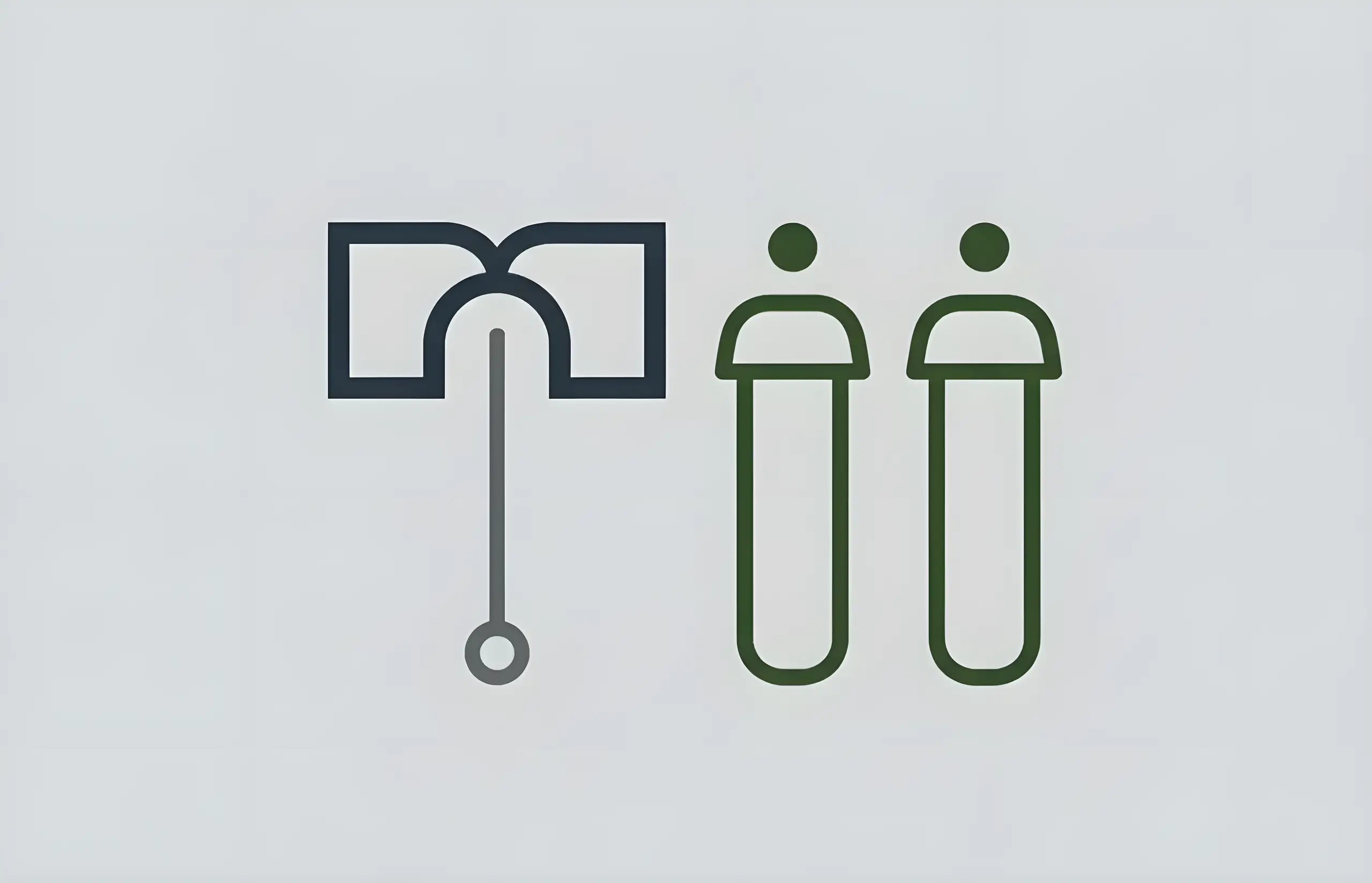Dentists often refer children and teens for orthodontics advice and support if problems are developing with crowded or crooked teeth or the way the child's bite is impacting on the mouth and surrounding teeth. A correct bite is when the top and bottom teeth meet when the mouth is closed, while misaligned teeth can become more crooked if corrections are not made.
About Dental Braces for Kids
Braces are usually the recommended course of treatment for development problems with the bite and for prominent, misaligned or crowded teeth, they can be used to correct the most prominent teeth which are affecting the shape of the jaw bone, if treatments are started at around the age of 12.
Kids and younger teenagers aged 11 to 13 are still growing, so adjusting any problem teeth and jaw development has greater success. Successful treatment with dental braces can give kids greater self-confidence because it really does impact on their smiles and overall appearance.
Regular dental check-ups will ensure that children's teeth and bite develop correctly, referrals to orthodontists are made when specialist advice and treatments are considered necessary. The orthodontist examines the mouth and will advise whether braces are advisable, and the type of braces needed to fix any problems.
There are several types of braces that could be recommended for kids, some of them are removable meaning they can be taken out at night, and also for cleaning and when eating meals. Other types of braces are fixed in place, if children play contact sports it will be necessary for gum shields to be worn for protection.
NHS braces are fabricated from metal, however, it is possible to have braces fabricated from plastic or ceramic materials and some of these are clear, so less visible. Some children may feel self-conscious about wearing braces, in which case private braces treatments may be a more suitable option. Invisible braces include Invisalign, Damon Braces and lingual braces, which are fixed to the back of the teeth.
Fixed braces are the most common treatments and are small brackets glued to the front of each tooth and held in place with orthodontic wire. Modern fixed braces give kids several colourful custom brackets to select, so the braces become a fashion feature and children tend to be less uncomfortable about wearing them. Fixed braces may need to be in place for up to 30 months, as the teeth need to be moved slowly and gently into the correct alignment within the mouth.
Children need to be encouraged to follow all advice given by the orthodontist regarding cleaning teeth. Fixed braces can cause a build-up of food residue and plaque, so it is important to ensure kids are keeping their teeth cleaned properly when these are in place. Some foods and fizzy drinks will have to be avoided while wearing fixed braces, these include chewing gum, sticky and sugary foods, and very hard foods such as apples, carrots and French bread, all of which can damage the wires or brackets of the braces.
Removable braces can be taken out while eating and cleaning teeth, so taking care of teeth properly and cleaning thoroughly is not so problematic. However, the fact these braces are removable may encourage some kids to take them out more frequently and make the braces treatment less effective.
Wearing braces does take some getting used to. In the first few weeks, children may find it difficult to speak properly and lisping could be a problem. These problems disappear after a few days. The added pressures on teeth can also make the mouth sore and cause some discomfort during the first few days of braces treatment. Where pressure builds in some areas, it's possible that sores could develop on gums, regular use of painkillers can help and the orthodontist can prescribe gels or medications to clear up any sores, if they should occur.
Kids will need regular appointments with the orthodontist throughout the braces treatment, as adjustments will have to be made. Any ongoing concerns or problems experienced wearing braces can be speedily addressed and rectified to ensure the most successful treatment outcome.
How Much Do Braces For Kids Cost?
| Type of Appliance | Approximate Price |
|---|---|
| Metal | £1,200 - £3,000 |
| Ceramic | £2,000 - £5,500 |
| Lingual | £2,000 - £8,000 |
| Invisalign Teen | £2,500 - £5,000 |
Sources and References
-
[1]
Optimal Treatment Timing in Orthodontics: A Scoping ReviewChildren (Basel)https://www.ncbi.nlm.nih.gov/pmc/articles/PMC10959601/
-
[2]
Duration of orthodontic treatment with fixed appliances in adolescents and adults: a systematic review with meta-analysisProgress in Orthodonticshttps://pubmed.ncbi.nlm.nih.gov/33219856/
-
[3]
The Effect of Orthodontic Intervention on Mental Health and Body ImageJournal of Dental Research, Dental Clinics, Dental Prospectshttps://www.ncbi.nlm.nih.gov/pmc/articles/PMC6026436/
-
[4]
Adherence to Dietary Advice and Oral Hygiene Practices Among Orthodontic PatientsHealthcare (Basel)https://www.ncbi.nlm.nih.gov/pmc/articles/PMC7586054/
-
[5]
Is orthodontic treatment associated with changes in self-esteem during adolescence? A longitudinal studyEuropean Journal of Orthodonticshttps://www.ncbi.nlm.nih.gov/pmc/articles/PMC8652369/
All sources accessed and verified on . Medical information reviewed for accuracy and compliance with current guidelines.
Related Articles

How Much Do Adult Braces Cost?
Comprehensive Cost Analysis (£1,500-£10,000 Range, 59% Out-of-Pocket, 6.31 Months Shorter with Aligners)

Invisible Braces – Braces Worn Behind Your Teeth
Complete guide to lingual braces fitted behind teeth, including how they work, the fitting process, treatment duration, and benefits of this invisible orthodontic option
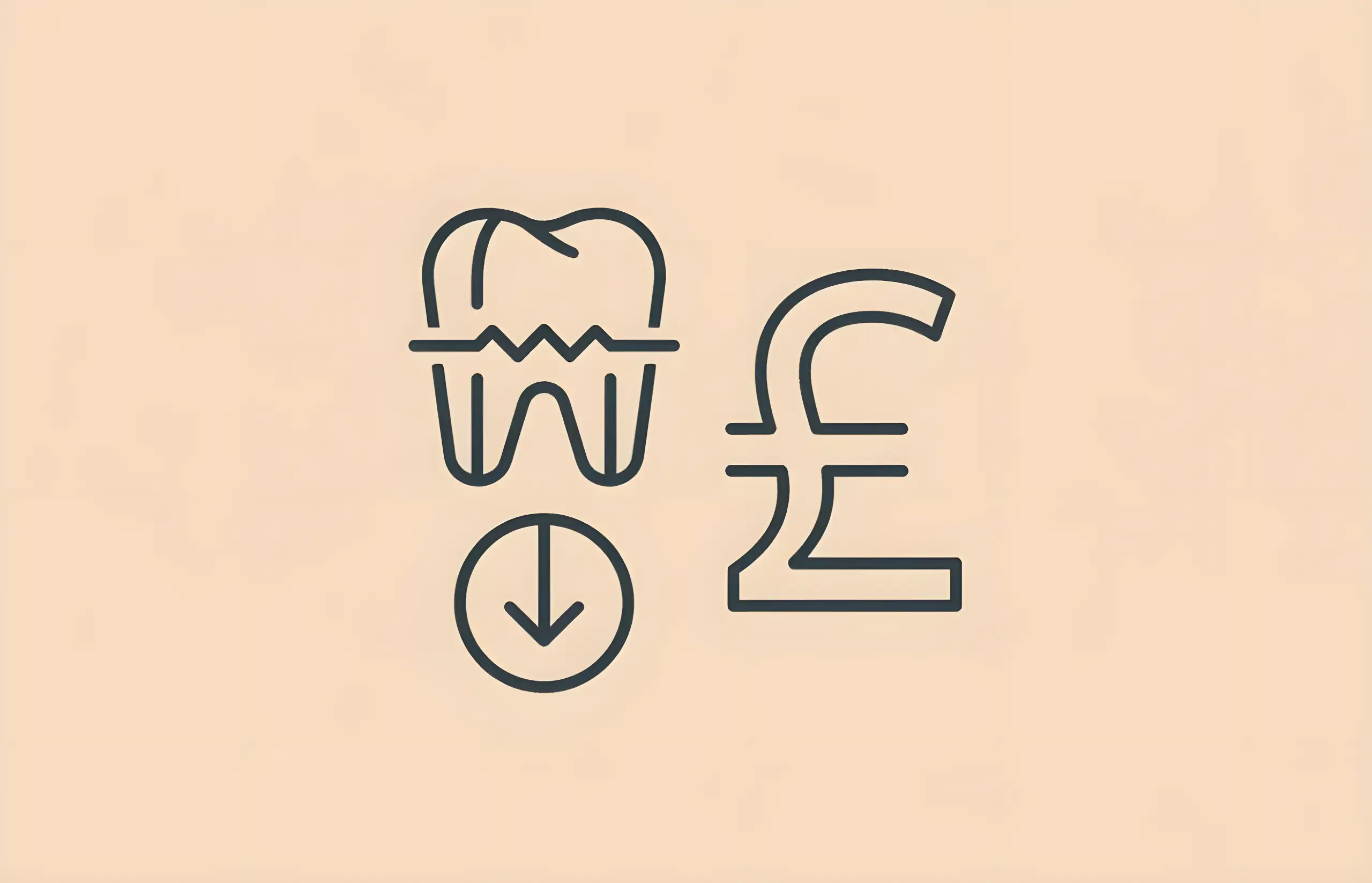
How Much Do Braces Cost in the UK?
A comprehensive guide to braces costs in the UK, covering different types of braces from metal to Invisalign and their price ranges
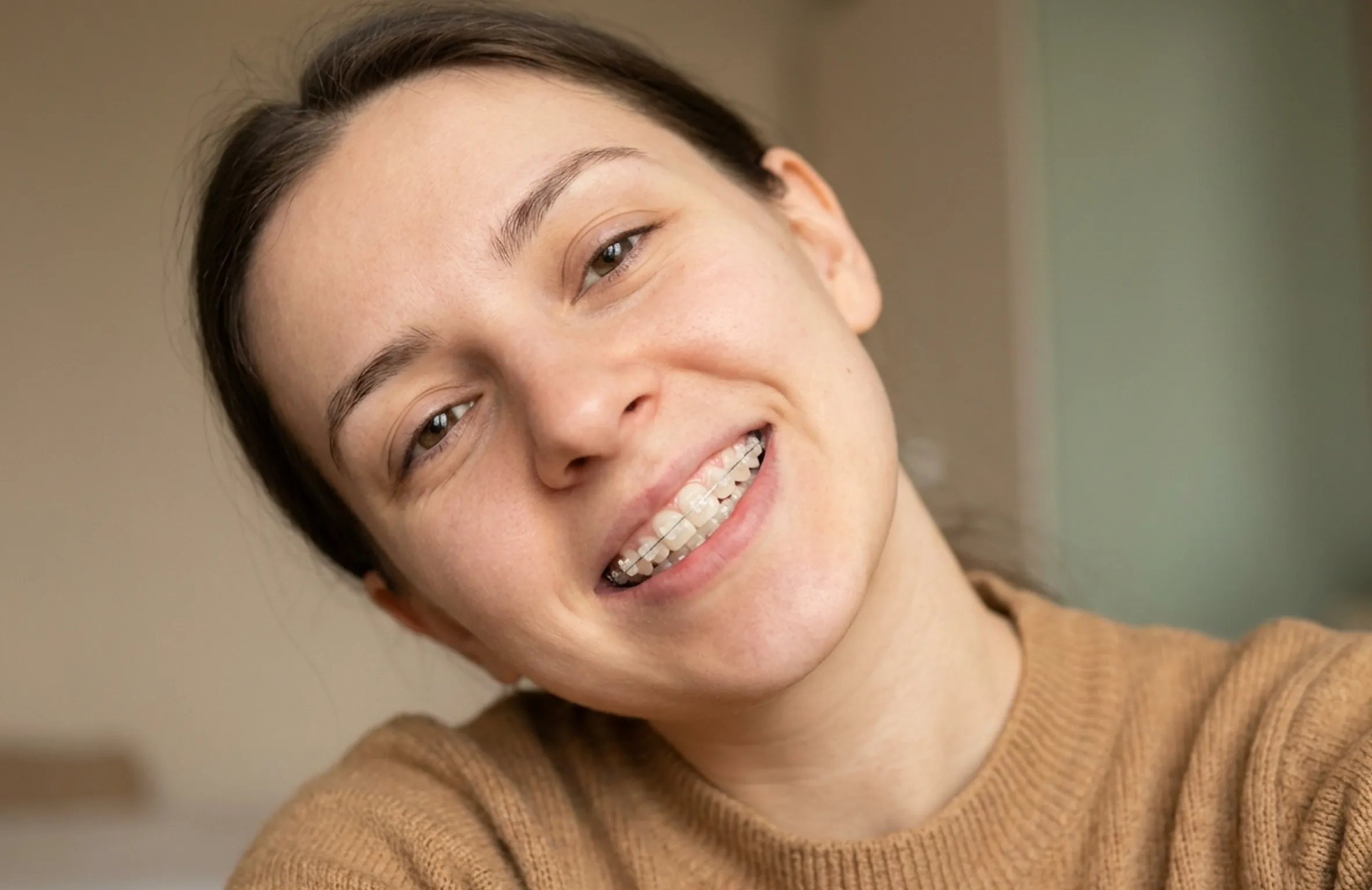
A Guide to Ceramic Braces
Comprehensive information about ceramic braces, including how they compare to metal braces, costs, benefits, and considerations for choosing this orthodontic option

The Different Types of Braces Available
Comprehensive guide to orthodontic braces including fixed, removable, lingual, Invisalign, and functional braces with cost comparisons
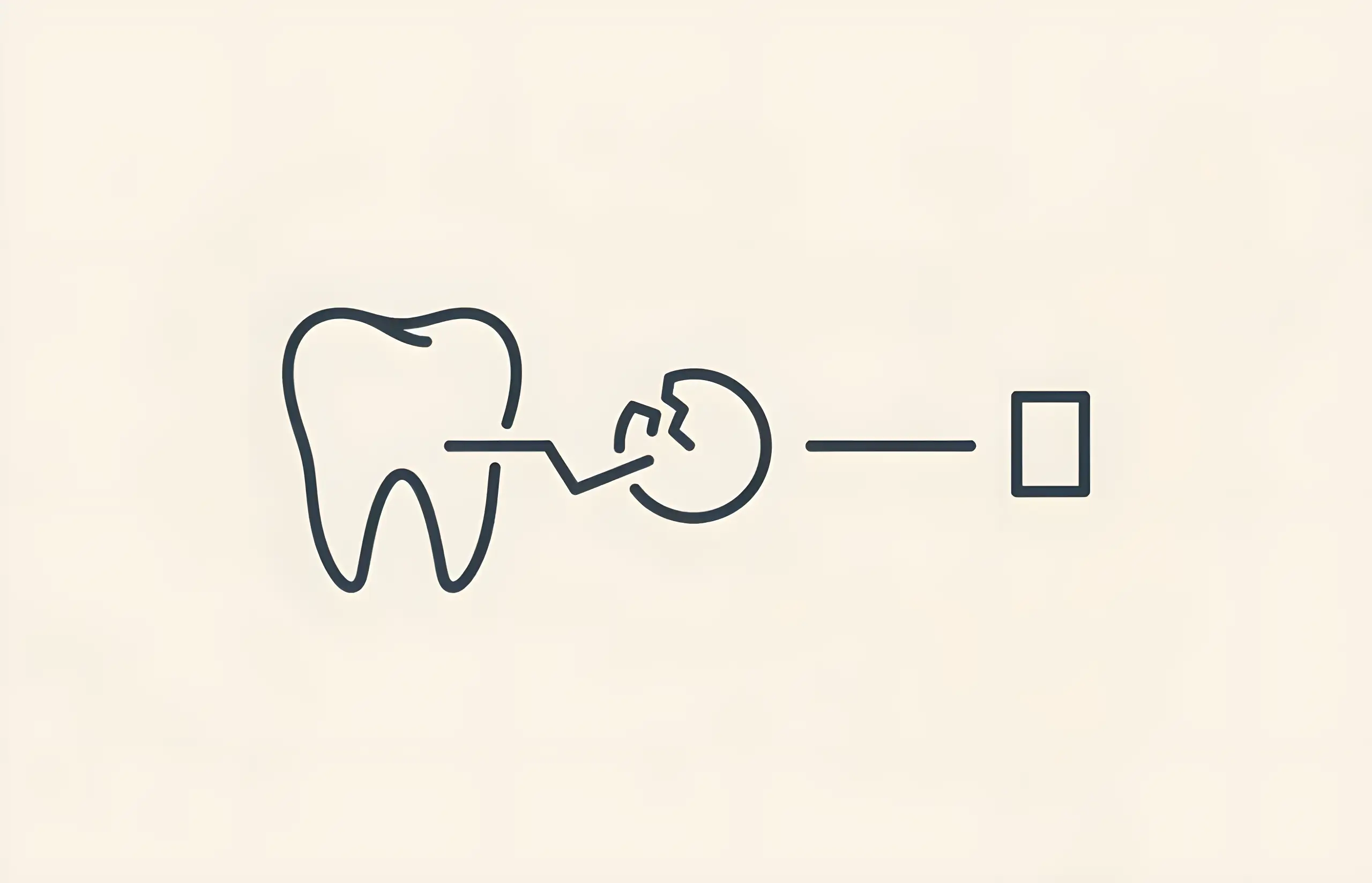
How Do Braces Work?
Comprehensive guide to orthodontic tooth movement including biological mechanisms of bone remodeling, treatment duration, force application, periodontal ligament response, and retention protocols
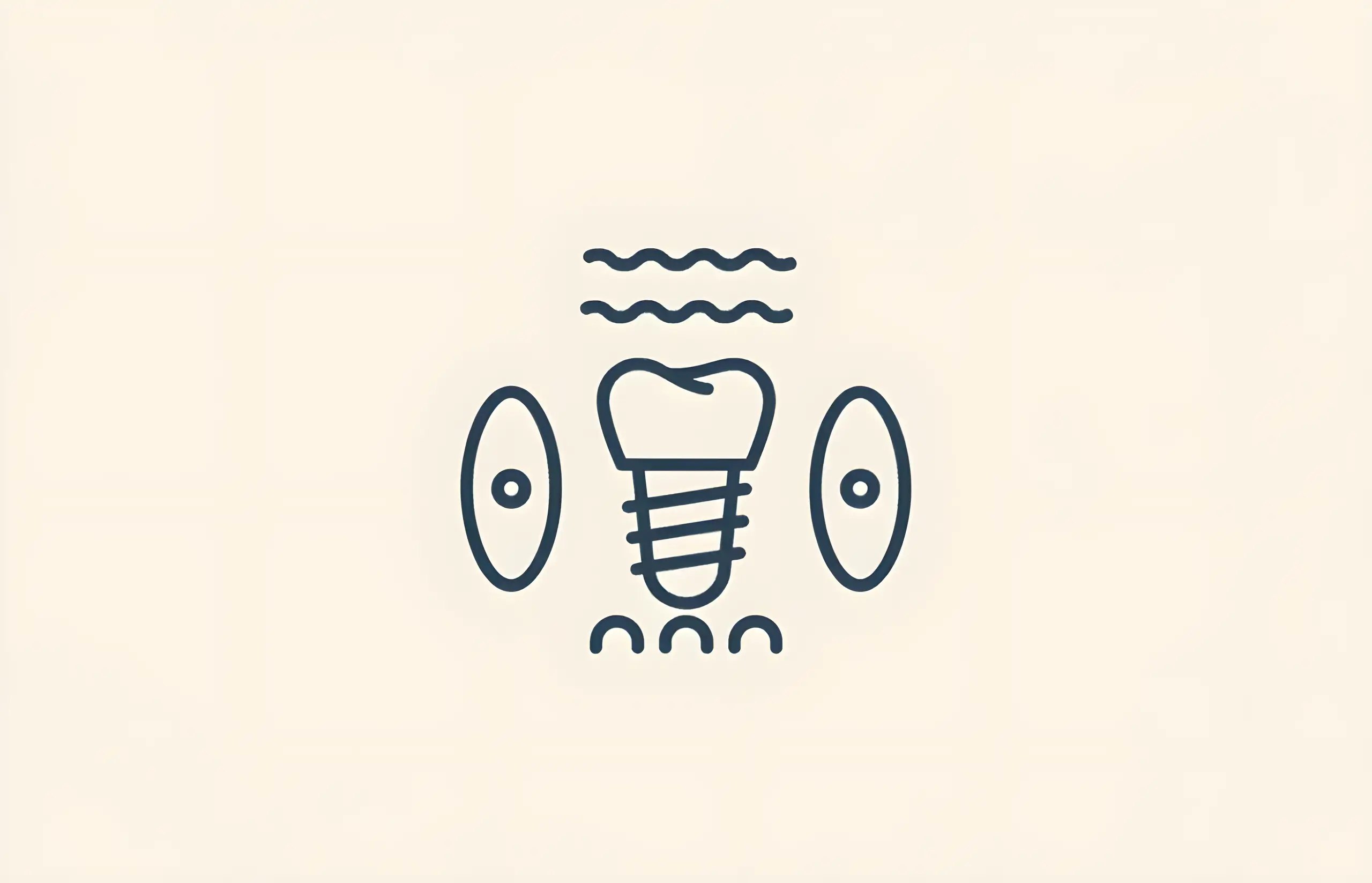
How Long Do Braces Take?
Comprehensive guide to orthodontic treatment duration including individual factors, planning stages, fitting procedures, treatment timeframes from 6 months to 3 years, and adjustment schedules

How Long Do You Have To Wear Braces?
Treatment Duration and Retention Protocols (19.9 Months Average, 13.3% Relapse Fixed Retainers)

How Much Do Clear Braces Cost?
Comprehensive Pricing Analysis (£2,500-£4,500, 67% Shorter Duration, 85% Patient Satisfaction vs 65%)

How Much Do Ceramic Braces Cost?
Comprehensive guide to ceramic braces costs including pricing factors, insurance coverage, treatment duration, dentist fees, cost-saving strategies, and comparison with other brace types

A Guide to Invisible Braces
Comprehensive information about invisible braces (clear aligners), including benefits, effectiveness, costs, and how they compare to traditional metal braces

How to Make Your Teeth Straight Without Braces
Discover modern alternatives to traditional braces including clear aligners, at-home straightening services, surgical options, and palatal expanders

Metal Braces: A Simple Guide
Comprehensive guide to traditional metal braces for correcting misaligned teeth, including how they work, common conditions requiring braces, and modern improvements
About The Dental Guide
The Dental Guide is a trusted online resource providing evidence-based information about dental health, treatments, and procedures. Our content is created and reviewed by qualified dental professionals to help you make informed decisions about your oral health.
Our Mission
- Evidence-based dental information
- Expert-reviewed content
- Clear, accessible explanations
- Latest treatment options
- Patient-focused guidance
Editorial Standards
- GDC-registered dental professionals
- Peer-reviewed sources
- Regular content updates
- Medical accuracy verification
- Transparent authorship
Important Notice
The information on The Dental Guide is for educational purposes only and should not replace professional dental advice. Always consult with a qualified dentist for diagnosis and treatment recommendations tailored to your individual needs and circumstances.
Medically Reviewed
Reviewed by Dr. Nasim Mechoui , BDS (Bristol)
Share this article
Comments & Discussion
Have questions about dental implants? Share your thoughts or experiences.
